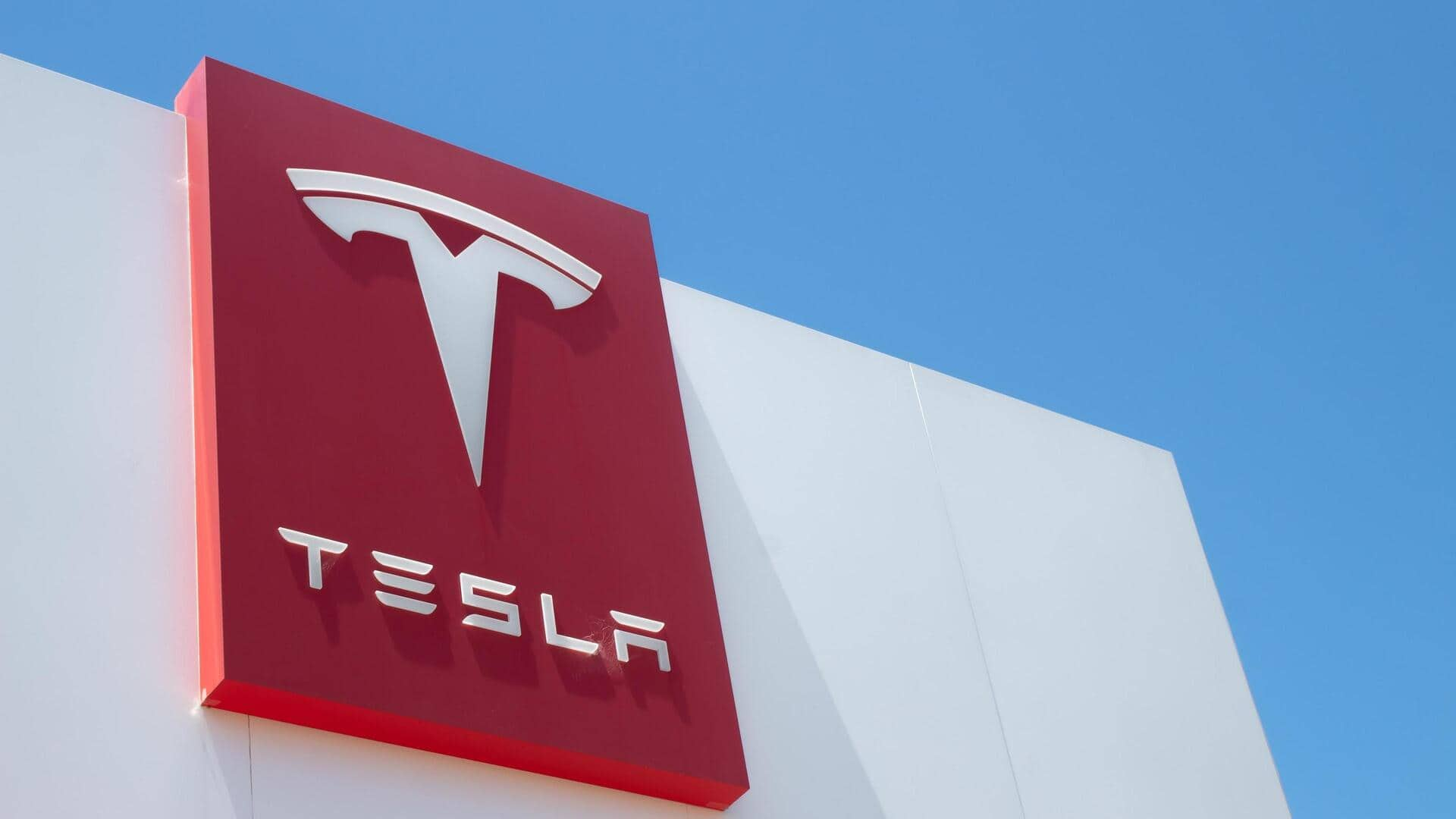
Why Tesla is facing a trial in US next month
What's the story
A trial is scheduled for next month over an incident involving Tesla's Autopilot system. The case stems from the death of Naibel Benavides Leon, who was hit by a Model S in Key Largo, Florida. The vehicle was equipped with Autopilot. US District Judge Beth Bloom has allowed the lawsuit to proceed, rejecting Tesla's attempt to dismiss it.
Legal proceedings
Plaintiffs can seek punitive damages in the lawsuit
The estate of Benavides Leon and her ex-boyfriend Dillon Angulo can pursue design defect and failure to warn claims against Tesla. They are also entitled to seek punitive damages in the lawsuit. A trial has been set for July 14, and requests for comment from Tesla and the plaintiffs' lawyers have not been answered.
Incident overview
Incident details and Tesla's self-driving tech scrutiny
Tesla has long been under scrutiny for its self-driving tech, maintaining that its features are designed for "fully attentive" drivers. The lawsuit in question here pertains to a 2019 incident, where George McGee drove his Model S into a parked Chevrolet Tahoe at some 100km/h after picking up a dropped cellphone. This resulted in Benavides Leon being thrown 75 feet to her death while Angulo was seriously injured.
Court decision
Judge's ruling on the case
Judge Bloom ruled that the plaintiffs had provided enough evidence to show that Autopilot defects were a "substantial factor" in their injuries. She also noted that while McGee admitted he was not driving safely, it did not automatically make him solely responsible, especially since he expected Autopilot to avoid the collision. The judge has dismissed negligent misrepresentation claims but allowed the failure-to-warn claim to proceed.